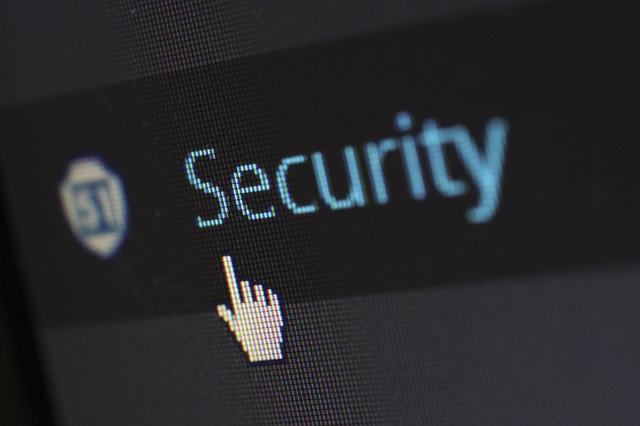The importance of an access control system cannot be underestimated. With increased data breaches and criminal activity, manufacturers are regularly introducing new features, upgrades, and security vulnerabilities. You must choose a modern, automated system to ensure that your system meets the latest security requirements. A well-designed system, including a syslog server monitoring tool, will help you control access and log all activity to ensure that your employees are not abusing your company’s assets.
Role-based access control
Incorporating role-based access control security into your business is an excellent way to reduce the administrative burden and comply with industry regulations. While this type of security is not suitable for all businesses, it can make a lot of sense if your company has many employees and needs to manage access to sensitive information. This security system will allow you to set up permissions based on job titles and departments.
Role-based access control restricts network access for users who perform a specific task or role. In other words, an accountant should have access to the financial records of the company, but not the content management system used to update the website. Instead, the web development team would have access to that system. In addition, only employees who have a specific role are allowed to access confidential data.
Administrative access control
One way to secure your business is to implement an administrative access control system. These systems provide security to your organization by allowing only specific people to access certain resources. Users are not allowed to change these permissions. Usually, administrators control the access levels for each user, giving them the most control over what employees and visitors can and cannot do. These systems are also crucial for businesses with strict security requirements, such as U.S. government and military organizations.
When choosing the right administrative access control system for your organization, you must ensure that it is updated with current technologies. Manufacturers release upgrades and new features regularly. Further controls may conflict with existing ones. Test new systems to avoid problems and ensure that they are working effectively. By taking these steps, you can ensure that the system you are implementing is up to date and secure. By regularly testing new administrative security controls, you can be confident that your organization is using the most appropriate system for your needs.
Physical access control
A physical access control security system can prevent breaches, keeping intruders out and allowing only authorized people in. These are only some things to consider when purchasing physical access control security for your business. You can also find a security checklist for your building to help you make sure that your perimeter, data, and staff safety are protected.
First, decide whether to use keycards or electronic credentials for your physical access control system. Keycards are budget-friendly, but they can cause serious consequences if the wrong people are allowed to enter your premises. You should also consider security risks. For example, a keycard system will ensure unauthorized persons can’t access your server rooms, while a biometric system will protect your valuable data.
Logging all activity
The most effective way to increase security for an access control system is by logging all activity, including logins and password changes. Activity logs can provide security assurances and help identify potential cyber threats if done correctly. Having a log of all activities can also help monitor employees’ online activity and prevent fraud.
Ensure that your logs contain all relevant information. You should regularly review your logs to determine if any activities are suspicious or incorrect. This way, you’ll be able to stop or prevent any attempts to gain access. Ensure your log servers are secure and only allow authorized personnel to view them. Logs should be stored for as long as necessary for practical use and state-specific laws. You should also keep them for five years or more for more security.
